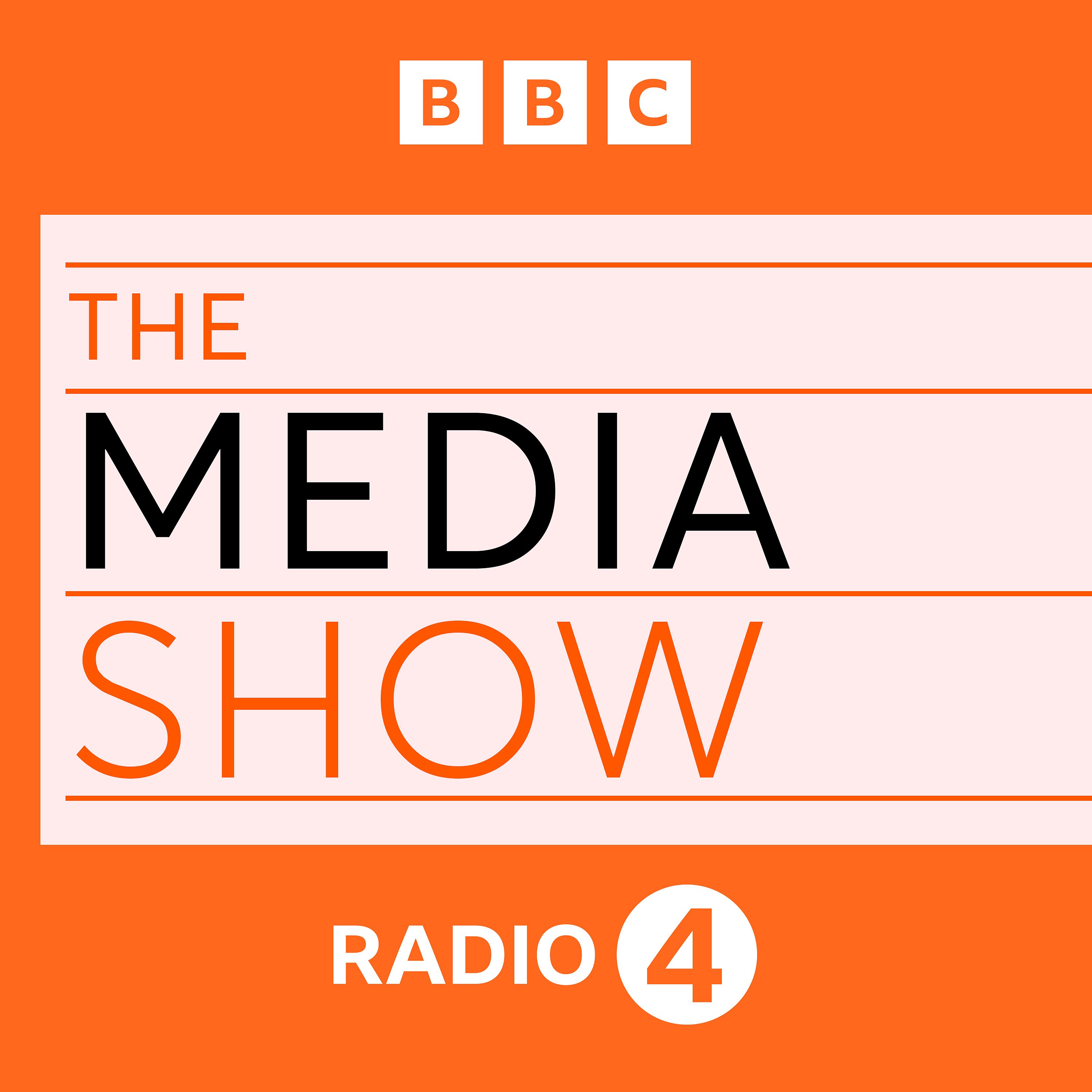- Culture
- SEE MORE
- classical
- general
- talk
- News
- Family
- Bürgerfunk
- pop
- Islam
- soul
- jazz
- Comedy
- humor
- wissenschaft
- opera
- baroque
- gesellschaft
- theater
- Local
- alternative
- electro
- rock
- rap
- lifestyle
- Music
- como
- RNE
- ballads
- greek
- Buddhism
- deportes
- christian
- Technology
- piano
- djs
- Dance
- dutch
- flamenco
- social
- hope
- christian rock
- academia
- afrique
- Business
- musique
- ελληνική-μουσική
- religion
- World radio
- Zarzuela
- travel
- World
- NFL
- media
- Art
- public
- Sports
- Gospel
- st.
- baptist
- Leisure
- Kids & Family
- musical
- club
- Health & Fitness
- True Crime
- Fiction
- children
- Society & Culture
- TV & Film
- gold
- kunst
- música
- gay
- Natural
- a
- francais
- bach
- economics
- kultur
- evangelical
- tech
- Opinion
- Government
- gaming
- College
- technik
- History
- Jesus
- Health
- movies
- radio
- services
- Church
- podcast
- Education
- international
- Transportation
- Other
- kids
- podcasts
- philadelphia
- Noticias
- love
- sport
- Salud
- film
- and
- 4chan
- Disco
- Stories
- fashion
- Arts
- interviews
- hardstyle
- entertainment
- humour
- medieval
- literature
- alma
- Cultura
- video
- TV
- Science
- en
Commissioning BBC TV programmes, News on smart phones, The 'pause' in local TV rollout

The BBC Trust says that the BBC's TV commissioning process is not sustainable. Currently, 50% is guaranteed for in house commissions, independent producers compete for 25% and the last 25% is open to all. However, the Trust says there is a strong case for reducing or even removing the 50% currently guaranteed for in house commissions. The decision opens the doors for Director General Tony Hall's BBC Compete or Compare strategy, announced last July. Andrea Catherwood is joined by James Purnell, BBC's Director of Strategy and Digital, and John McVay, Chief Executive of PACT to discuss the pros and cons of changing how BBC TV content is made and supplied. A survey conducted by the Reuters Institute for the Study of Journalism at the University of Oxford has revealed that millions of young viewers have turned to online sources to access news content, "abandoning television news completely." Facebook was the most popular social network for news in all countries in the study except Japan, and it found that smart phones are the 'defining device' for consuming journalism. Andrea Catherwood talks to author Nic Newman from the Reuters Institute about what the findings tell us about changes in news consumption. Carlisle has become the 34th city to be awarded a local TV licence by Ofcom. However, much to the disappointment of the Local TV Network, this may be the last licence for some time: regulator Ofcom has said that until it makes a decision about what it's going to do with the 700 MHTZ spectrum, it won't be awarding any more licences. Whilst Ofcom has described this as a 'pause', Chairman of the Local TV Network Chris Johnson has some concerns. Andrea Catherwood talks to him about how this delay is affecting the roll-out of local TV. Producer: Katy Takatsuki.